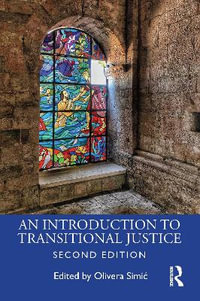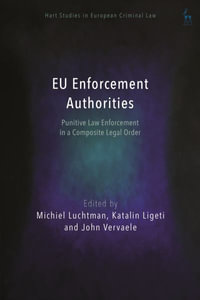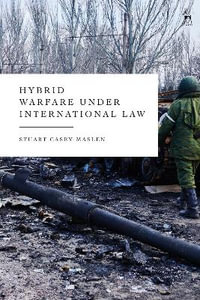
Universal Jurisdiction in International Criminal Law
The Debate and the Battle for Hegemony
Paperback | 18 October 2018
At a Glance
Paperback
RRP $92.99
$72.75
22%OFF
Available for Backorder. We will order this from our supplier however there isn't a current ETA.
ISBN: 9780367075552
ISBN-10: 0367075555
Series: Routledge Research in International Law
Published: 18th October 2018
Format: Paperback
Language: English
Number of Pages: 222
Audience: College, Tertiary and University
Publisher: Taylor & Francis Ltd
Country of Publication: GB
Dimensions (cm): 23.4 x 15.6
Weight (kg): 0.6
Shipping
| Standard Shipping | Express Shipping | |
|---|---|---|
| Metro postcodes: | $9.99 | $14.95 |
| Regional postcodes: | $9.99 | $14.95 |
| Rural postcodes: | $9.99 | $14.95 |
How to return your order
At Booktopia, we offer hassle-free returns in accordance with our returns policy. If you wish to return an item, please get in touch with Booktopia Customer Care.
Additional postage charges may be applicable.
Defective items
If there is a problem with any of the items received for your order then the Booktopia Customer Care team is ready to assist you.
For more info please visit our Help Centre.























